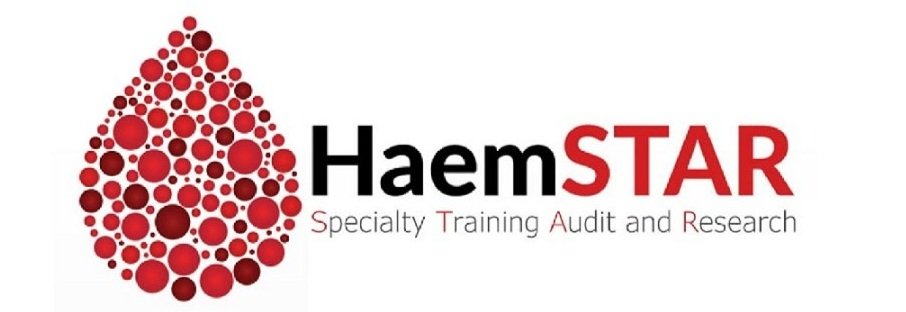British Society for Haemostasis and Thrombosis - ASM 2024
Earlier this year in January, the ISTH legacy funds gave me the opportunity to attend the British Society of Haemostasis and Thrombosis Annual Scientific Meeting in Belfast.
The experience was eye-opening and was extremely valuable for my personal development as a junior clinician. The travel to Belfast from Sheffield was tumultuous as my flight from Manchester Airport was cancelled due to poor weather. This was further complicated by the fact that I had to make the decision to fly to Dublin and take the trip up north of the border to attend the conference. Nonetheless I was lucky to be able to make it just in time for the Early Career Researcher Session.
The session was extremely insightful as it not only provided the opportunity to network with very inspiring and accomplished haematology trainees, but I was also able to meet clinical scientists and hear about their work and research, and how their work will progress the ever rapidly advancing field of haematology. It was also insightful to appreciate the struggles faced by clinical scientists in their research. The workshop on ‘Building Resilient Leaders’ provided practical advice and tips on how to overcome the imposter syndrome that can plague many of us. This was a great introduction to the conference.
The conference was a great way to see how basic sciences in medicine are integrated to guide medical research and therapeutic advances in the field of haematology. There were various presentations from clinical scientists that were very intriguing, but admittedly it was a challenge for me to fully understand their research. The highlights of the conference for me were the presentations from emerging Fellows, which included fascinating research into and potential clinical applications around von Willebrand Factor levels, Glycoprotein VI and Platelet Factor 4. The case study presentations also showcased some of the rare and complex conditions in haematology, the treatment conundrums each clinical team faced and how they approached and managed their patients’ conditions. During the session I had the opportunity to present a clinical case study on acquired Glanzmann Thrombasthenia complicated by pulmonary embolism. It was daunting to present at the conference, but the learning experience was invaluable.
Overall, it was an amazing experience for a medical trainee to attend the BSHT annual scientific conference, and to appreciate the areas of interest in haematology research, and learning about the integration of basic sciences in clinical research. I would like to thank HaemSTAR and ISTH legacy fund for the opportunity to attend the BSHT ASM.

